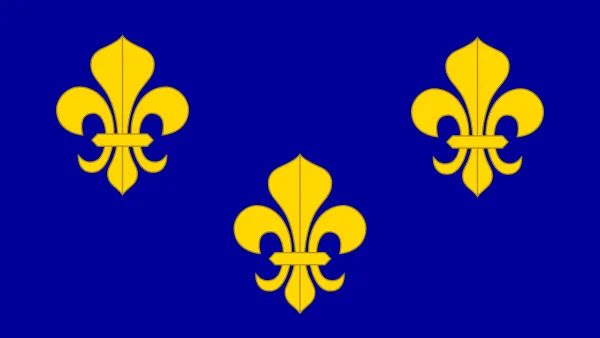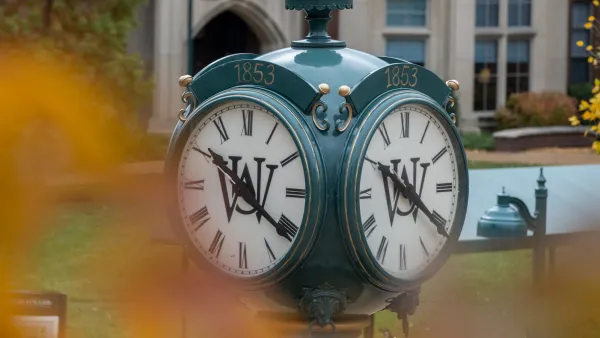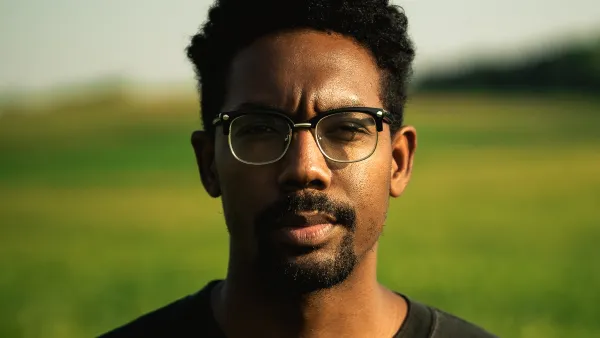Maurice Tetne is a Graduate Student Fellow in the Center for the Humanities. He is a PhD student in French and Francophone studies and a writer.
Mo connais premier fois-à yé pelé mo créole
Yé dit pas parler ça
C’est dit vilain moyèr
Yé reté tout quichoge, tout ça m’olé fait
I remember the first time they called me Creole
They said not to speak that [language]
It’s an ugly way of speaking
They controlled everything, everything I wanted to do
Fait pas ça comme créole c’est di vilain moyèr
Yé pas donné mo choix
Yé gain force, yé gain loi
Yé ca massacrer tout pis déclarer toi fou
Mo suivi yé chemin
Mo té tracasse plein
Mo pas trouvé moyen
Vini bon ’méricain
Don’t do that like a Creole; it’s an ugly way of speaking
They didn’t give me a choice
They have power, they have the law
They’ll destroy everything and declare you crazy
I followed their path
I was very worried
I couldn’t find a way
To become a good American
— Debbie Clifton, “Voyageur”
These verses from Debbie Clifton’s 1980 poem evoke the long tradition of Creole language struggle in Louisiana. Although people have been speaking French and Creole in the area since the advent of European colonization — by 1763, the white and free population of French Louisiana was around 3,654, while the Black enslaved population (and, by extension, Creole language speakers) was approximately 4,598, according to historian Gwendolyn Midlo Hall — today, the number of Creole speakers in Louisiana is estimated to be fewer than 10,000. A succession of state laws (including the Louisiana Constitutions of 1864, 1868 and 1921, which all prohibited school instruction in languages other than English) has long suppressed the French and Creole languages, leading to the decline of written literature.
But beginning in the 1980s a new movement, a Louisiana Francophone literature renaissance, began to take root. Homegrown poets such as Jean Arceneaux, Zachary Richard, Émilie Desmarais and Clifton joined forces to revive the languages. It was a battle for the survival of their culture and identity. Raised to be “good Americans,” they used poetry to reclaim their heritage. The groundbreaking collection Cris sur le Bayou (1980), in which Clifton’s poem appears, broke the silence, using Creole and Cajun French as tools for self-identification. Contributors explored Louisiana’s history, the fruits of migration and the meeting place of various identities expressed through language.

Louisiana literature in French reflects a history of struggles. In the 19th century, writers such as Victor Séjour, Alfred Mercier, Louis Armand Garreau and Sidonie de La Houssaye fought against slavery and for the preservation of French. In the 20th and 21st centuries, Louisiana voices such as Zachary Richard, David Cheramie, and Kirby Jambon continue to raise awareness of language policies and their effects on Creole and Acadian minorities. Most recently, filmmaker Luke Harris released Tambou (2023), the first film in Louisiana Creole. This visual narrative adds to the written works, aiming to ensure the language’s survival.
Art has become the primary tool for Louisianans to perpetuate their tradition and culture. The Creole language, born on plantations, migrated to the master’s house, found its way into books and now onto the screen. Its journey is a testament to resilience and struggle, the history of a people fighting to preserve their language and identity.
Louisiana has long been a crossroads of diverse cultures and identities. The expression of its rich diversity is reflected in the unique linguistic landscape that defines this place. More than just a language, Louisiana Creole embodies a living memory of the past, a conduit for shared worldviews and a testament to resilience. It reminds us that people from different backgrounds and languages had to find ways to communicate and seek solace in adversity, united by a language that bridges their experiences. We speak what we are, and we are what we speak. Language is a free expression of the inner self.
Headline image: The Royal Banner of France by Oren neu dag via Wikipedia.




